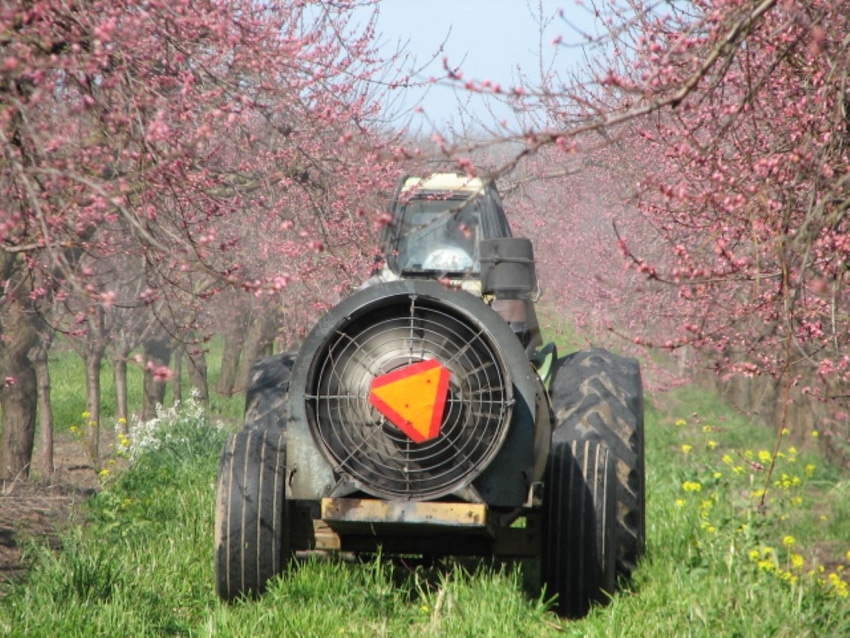June 26, 2015

The California Department of Pesticide Regulation (DPR) has wrapped up public workshops focused on obtaining input and feedback from the public about the use of pesticides near California schools.
The public sessions, which took place in May and June in Sacramento, Salinas, Ventura, Oxnard, Lamont and Coachella, were sparked by a media story written by the Center of Investigating Reporting concerning Rio Mesa High School in Oxnard.
The March 20 article, titled “How a pesticide loophole increased cancer risk at a California school,” pointed out the many strawberry fields that surround Rio Mesa High School, alleging large amounts of pesticides used and the concerns of local residents, particularly Ventura County Supervisor John Zaragoza, who has called for an investigation into the matter.
Many schools have been built on prime agricultural land next to farm operations. Increasingly, teachers, parents, and the general public want to know what chemicals are being applied around them, according to a DPR news release.
While there are currently strict regulations on the use of individual pesticides, DPR’s regulatory framework for restricted pesticides also allows county agricultural commissioners to establish additional rules to address local conditions through permits.
The department is considering whether to adopt some of these rules on a statewide basis, as well as other restrictions. Thus, the basis for the public workshops.
“DPR wants input from the public as it creates a statewide policy that will help mitigate the challenges created by the schools being placed close to working farms,” said Brian Leahy, DPR director shortly before the first public hearing on May 28 in Sacramento.
“The policy will include minimum statewide requirements that clearly reflect the responsibilities of schools and farmers as agricultural pesticides are applied close to schools.”
In particular, DPR was seeking to hear ideas about:
1 - Improving communication through notification to schools of intended applications of certain pesticides. The department was seeking input, for example, on when and under what circumstances such notifications should be made.
2 - Reducing the risk of exposure by requiring additional restrictions on certain pesticides. Among other questions, DPR was searching for input about whether such restrictions should focus on specific application methods and within a certain proximity to schools.
Since the Western Plant Health Association (WPHA) is an integral member of the agricultural community, a staff member attended the Ventura event which has been deemed ground zero for activists concerned about pesticide usage.
DPR hears agriculture's take
DPR also held a session in the afternoon for growers and agricultural interests in the county supervisors’ auditorium. The room was packed, with attendees voicing concerns about the actual need of new regulations, added costs, and problems with increasing notifications and widening the buffer zones around schools.
WPHA provided suggestions on behalf of the grower groups, specifically stressing that state regulators should hold accountable local jurisdictions that allow for the practice of permitting schools to be built in established agricultural areas.
While some public speakers did raise concerns about pesticide products being applied around schools, many speakers focused on farm worker safety issues, which was not part of the regulatory discussions.
One particular key concern about pesticides and their use near schools was voiced by a staffer on behalf of Santa Barbara Democrat Sen. Hannah-Beth Jackson. One major concern of the attending grower groups centered on new regulations and possible expansions on regulations beyond school grounds.
In Sen. Jackson’s rather lengthy remarks was her comment to DPR that her goal is not to have new rules stop with schools, but be expanded to the use of any pesticide around any home or residential area – a troubling notion for many growers in the audience.
DPR’s last listening workshop was held on June 9 in Coachella.
The department now will weigh the comments gleaned from the workshops that will help draft a statewide regulation in the very near future about pesticide applications and usage in the proximity of schools grounds.
Stay tuned.
You May Also Like




